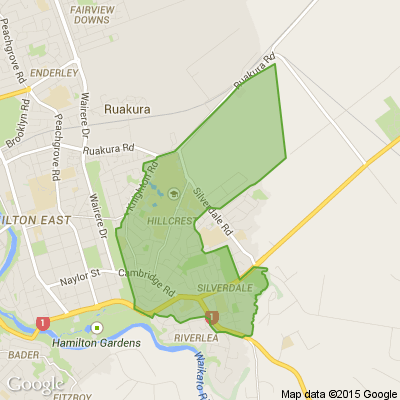How to Look After Linen
Linen looks good but is notorious for creasing. Here's how to get the best from this stylish fabric.
Linen wrinkles and creases very easily so if you want it to appear smooth and flat, it needs ironing. It may also need starching. However, the wrinkles in the fabric are often considered part of linen’s character, and many linen garments are now designed to be air-dried and worn without ironing.
Tips for machine washing linen
• Check the care label for guidance on washing temperature.
• Always separate dark/coloured linens from white or off-white linens to avoid colour transfer in the wash.
• The first time you wash a linen article, wash it separately from other materials. Linen can cause lint.
• Linen is a natural fibre that can absorb a lot of water. This means it is prone to heavy creasing in the wash. If you give linen items a lot of space to move around in the washing machine drum, this should reduce the amount of creasing. It is best to only half fill the machine.
• Avoid using bleach on linen, as this weakens the fibres and it may affect the colour of dyed linens.
• Bleach particles in conventional washing powder make natural linen colour fade, so use only mild detergents.
• If possible, choose a wash programme with a long soak, a short wash/rinse and a short spin and using a moderate to cool temperature.
• When the wash cycle is finished, immediately remove items from the machine to avoid any extra creasing.
• Straighten out and gently stretch the linen after the wash.
• Line-dry or air dry or dry flat.
•Do not tumble dry linen, as it may leave permanent creasing and it will shorten the life of the item. If you dry linen in a hot tumble dryer, it can shrink up to 15%.
Note: Linen can generally be machine washed at high temperatures but this can cause shrinkage. Modern detergents generally work just as well at a lower temperature so it is not necessary to use a hot wash. We recommend the maximum temperature you use for linen is 60°C.
Hand washing linen
Fine embroidered or hand hemmed/stitched linen items need extra care. It is usually best to hand wash these items or take them to a professional cleaner.
• Use water that is comfortably warm to the touch (blood heat) and also ensure you use the correct washing detergent (see advice above). This should be dissolved/evenly distributed in the water before you add the item.
• Let the item soak for up to two hours to ensure the fibres are saturated.
• Use gentle agitation to wash the item.
• Rinse the item in three clean rinses of cool water, or rinse until the water is clear.
• Between rinses and at the end of the wash, squeeze the excess water out of the item.
• Starch the item at this stage (if you are using starch).
• Dry flat if possible, gently pulling item to the correct size. Alternatively line-dry or air dry. Do not tumble dry.
Ironing linen
Keep reading: www.curtainclean.co.nz...

Poll: Should all neighbours have to contribute to improvements?
An Auckland court has ruled a woman doesn’t have to contribute towards the cost of fixing a driveway she shares with 10 neighbours.
When thinking about fences, driveways or tree felling, for example, do you think all neighbours should have to pay if the improvements directly benefit them?

-
82.3% Yes
-
14.8% No
-
2.9% Other - I'll share below
Live Q&A: Garden maintenance with Crewcut
This Wednesday, we're having another Neighbourly Q&A session. This time with John Bracewell from Crewcut.
John Bracewell, former Black Caps coach turned Franchisee Development Manager and currently the face of Crewcut’s #Movember campaign, knows a thing or two about keeping the grass looking sharp—whether it’s on a cricket pitch or in your backyard!
As a seasoned Crewcut franchisee, John is excited to answer your lawn and gardening questions. After years of perfecting the greens on the field, he's ready to share tips on how to knock your garden out of the park. Let's just say he’s as passionate about lush lawns as he is about a good game of cricket!
John is happy to answer questions about lawn mowing, tree/hedge trimming, tidying your garden, ride on mowing, you name it! He'll be online on Wednesday, 27th of November to answer them all.
Share your question below now ⬇️

Poll: Would you ever buy a total doer upper?
Housing stock is starting to move on the Coromandel Peninsula, including a dilapidated place one block back from Whitianga's Buffalo Beach that sold to a Hamilton bargain hunter for $500,000.
Real estate companies are starting to see more deals go, however, prices have stabilised with high supply levels still outstripping demand.
Would you ever buy a total doer upper? Tell us your reasons in the comments (adding NFP if you don't want your words used in print).

-
0% Yes
-
50% Maybe
-
50% No






 Loading…
Loading…











